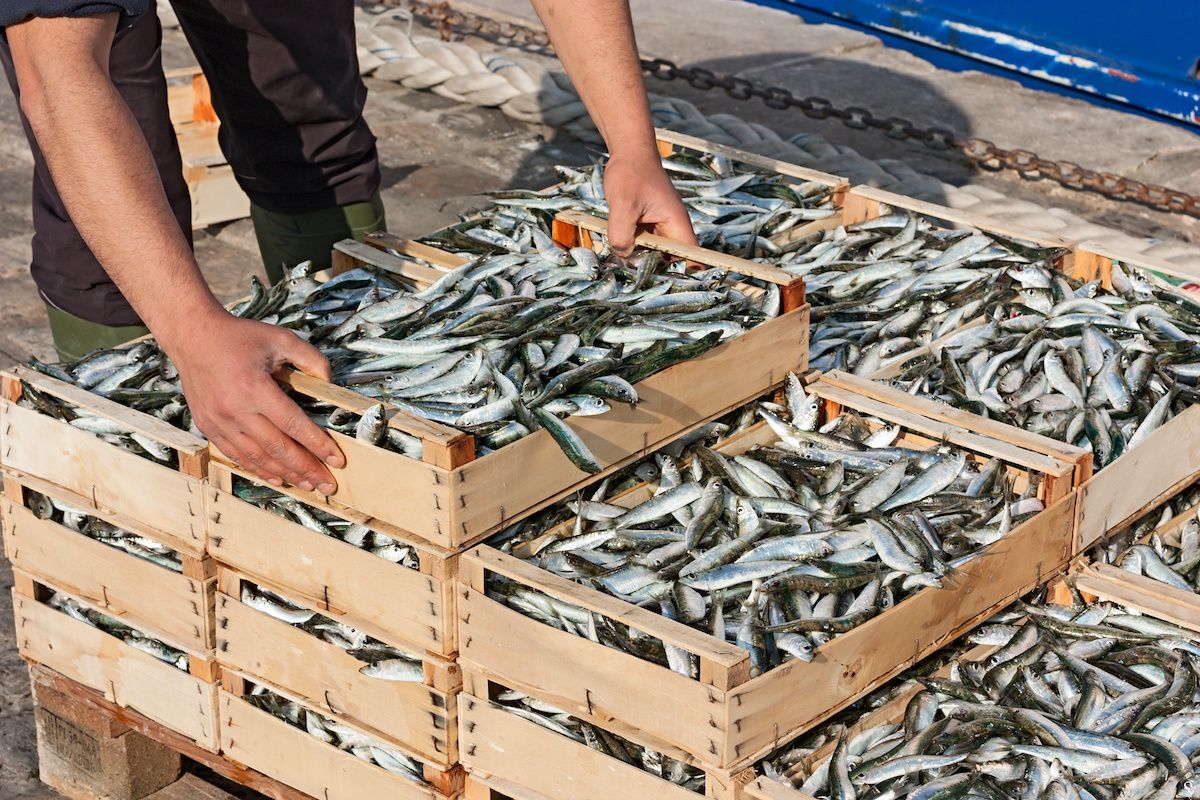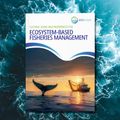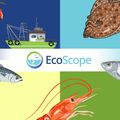EcoScope allocated new section in Frontiers in Marine Science to publish project research
The EU-funded EcoScope Project has been allocated a new Research Topic section within the leading academic journal Frontiers in Marine Science, to enable the project’s scientists to publish their research results. The Research Topic is also open to submissions to scientists outside the EcoScope Consortium.
The new Research Topic, created to include the initial findings of the project, carries the title "Ecocentric Fisheries Management in European Seas (Part I): Data Gaps, Base Models and Initial Assessments”, with the keywords tabbed as stock assessment, ecosystem models, marine ecosystems, fisheries, and climate change. The first manuscript has already been submitted by members of the EcoScope Consortium to the journal and is currently under review.

The five primary aims of the initial Research Topic, as outlined in the announcement are:
- to identify gaps in biological and ecological knowledge across marine ecosystem components, ocean and biogeochemical models, food web models, fisheries catch statistics, survey data and marine megafauna status,
- to assess the current status of all exploited populations (including non-commercial stocks), habitats and ecosystems as well as protected species,
- to evaluate the efficiency of current fisheries management approaches, within the context of ecosystem,
- to assess anthropogenic impact including climate change, and
- to create base ecosystem models across European Seas that will be used to examine ecosystem management scenarios in the future.
“Filling the gaps in ecological and biological knowledge and assessing human impacts on organisms, habitats and ecosystems are prerequisites for effective ecocentric fisheries management,” said EcoScope Project Coordinator and Research Topic Editor Athanassios Tsikliras of the Aristotle University of Thessaloniki. Five other scientists of the EcoScope Consortium are also serving as Editors for the Research Topic (Georgi Daskalov, Georgios Sylaios, Gianpaolo Coro, Marco Scotti and David Gremillet).
“Assessment of the status and trends of fisheries and stocks as well as their habitats, and evaluation of ecosystem health are also needed to implement ecocentric fisheries management. Ecosystem models are the key tool to explore management and climate change scenarios by incorporating temporal and spatial ecosystem dynamics,” he added.
Athanassios Tsikliras explained that although fisheries exploitation has historically been considered as the strongest driver of fish population dynamics, “existing fisheries management practices have not been always successful in sustainably exploiting fish stocks because of weaknesses in management approaches, improper implementation, and illegal fishing.”
“Stocks that have no commercial interest have generally been overlooked and the conservation status of marine megafauna is unknown in many European areas, especially in the Mediterranean and the Black Sea,” he added. An approach taking the full ecosystem into account is thus lacking, despite the fact that “commercial and recreational fishing strongly impacts all levels of biological organisation and community structure,” he lamented.
The EcoScope project was therefore envisioned to meet the “pressing need for a holistic approach to managing fisheries in the context of an ecosystem,” which Athanassios Tsikliras termed an ecocentric approach to fisheries management, centred on the full ecosystem context.
Frontiers in Marine Science publishes rigorously peer-reviewed research that advances our understanding of all aspects of the environment, biology, ecosystem functioning and human interactions with the oceans.





